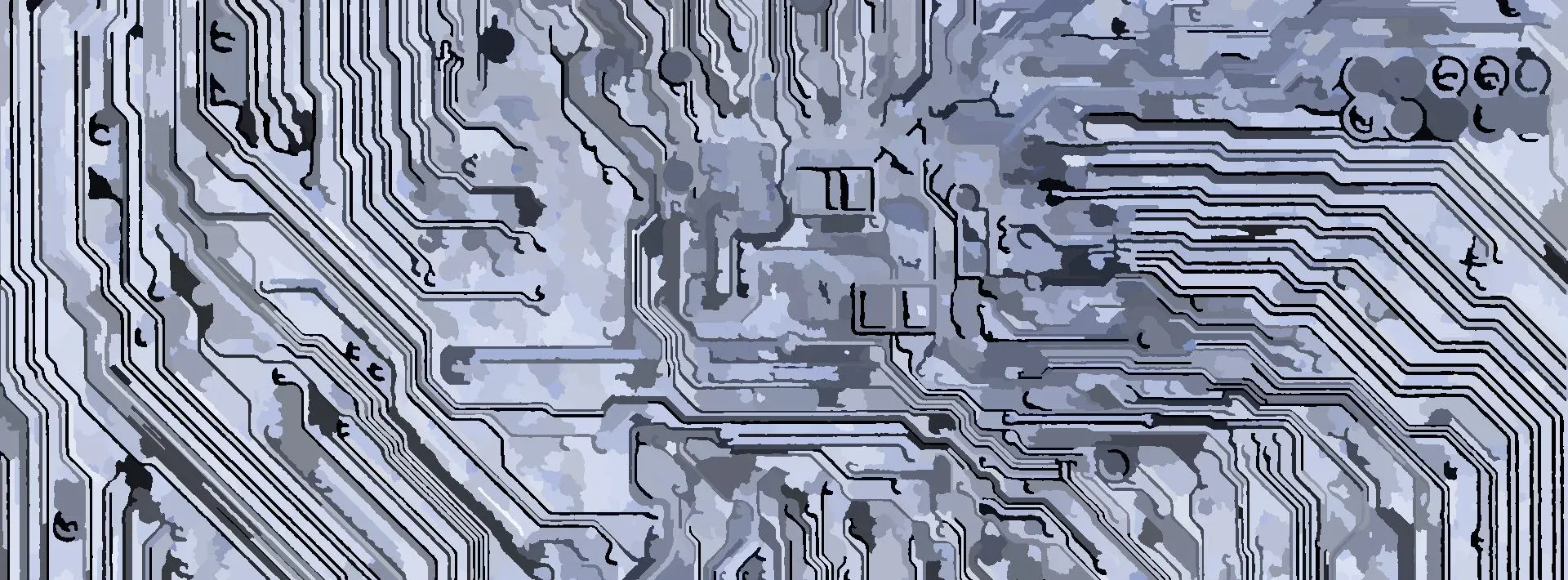To process classical data we often rely on RAM (Random Access Memory), simply providing an address yields at contents of that address, making for rapid access of data. In this study the team from Yale and Chicago show that bucket-brigade QRAM architecture possesses a remarkable resilience to noise.
However in the Quantum domain, things are not as simple as the classical world. One set of problems is how to get classical data encoded such that it can efficiently be stored and retrieved such that Quantum algorithms or Quantum Machine Learning Algorithms can process that data.
It is the subject of much research to find efficient methods for querying of data as slow access could mean that any efficiency a quantum algorithm sports is swamped by the sheer cost of accessing data.
One of the exciting areas of Quantum Computing are fields such as Quantum Machine Learning, and of course the ability to compute existing well known algorithms such as Shor and Grover (although not at a very useful scale). Much of the machinery we take for granted from the silicon revolution is having to re-born for the Quantum era, as researchers need to find ways can allow efficient computation to take place.
To read more from the paper published in PRX, head here.

